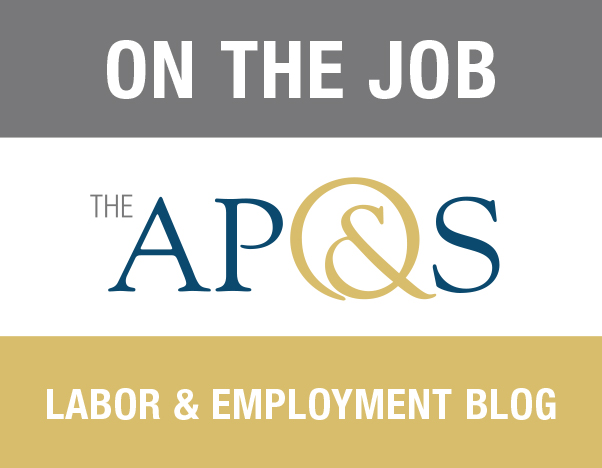Many of our employer clients have contacted us with questions about new laws and court decisions on medical and recreational marijuana, and what it all means for business managers charged with hiring, managing, and terminating employees. The Rhode Island Supreme Court has yet to rule on the matter of medical marijuana in the employment context. However, the Rhode Island Superior Court has rendered a decision holding that an employer may not refuse to employ a person on account of her status as a medical marijuana card holder and her disclosed use of medical marijuana to treat a “debilitating medical condition.” Notwithstanding this holding, the Superior Court made clear that an employer does not have to make accommodations for an employee who uses medical marijuana. For instance, the employer doesn’t have to restructure the employee’s job, modify her work schedule, or change its drug screening policy. The employer simply may not reject the job application of a cardholder who submits to pre-employment drug screening and tests positive for marijuana.
The Superior Court decision is expected to be appealed to the Rhode Island Supreme Court, but the case is still in the trial court on other claims, so it may be a while before we see the Superior Court decision affirmed or reversed. In the meantime, there is pending before the Rhode Island General Assembly legislation that would make it unlawful for an employer to “refuse to hire, discharge, or otherwise discriminate against a person … because of their status as a [medical marijuana] cardholder, including because of a positive drug test for marijuana components or metabolites, unless the patient cardholder possessed marijuana or was impaired on the premises of the place of employment or during the hours of employment.”
In Massachusetts, the Supreme Judicial Court has ruled that terminating the employment of a medical marijuana cardholder who tests positive for medical marijuana in pre-employment drug testing constitutes discrimination against a disabled person under the state’s disability discrimination statute, as well as violation of the Massachusetts Medical Marijuana Act. The Mass. SJC ruled that a cardholder has the right not to be fired because of her (presumed) disability, and that this right includes entitlement to reasonable accommodation to enable the employee to perform the essential functions of her job. According to the Mass. SJC, the accommodation owed to a medical marijuana card holder is waiver of the policy barring from employment any job applicant who tests positive for marijuana.
Massachusetts also currently has pending a case involving termination of an employee who used recreational marijuana off-duty. The case is a relatively new one, so again, we may have to wait while the case makes its way through the trial and appellate courts before we see a decision on whether off-duty, recreational (vs. medical) use of marijuana is protected in the employment context.
It should be noted that while state law is trending toward some protections for medical marijuana card holders, marijuana is still illegal under federal law, and the federal Controlled Substances Act characterizes marijuana as contraband for any purpose. (At last check, Senators Sanders and Booker were working on legislation that would reconcile federal and state law on the status of marijuana as a controlled substance.)
Finally, notwithstanding the state laws providing some protection for cardholders in the employment context, the law is still clear that employers retain the right to terminate the employment of individuals who come to work impaired or become impaired while working. All employees must be able to perform their job duties without endangering their own health and safety or the health and safety of others.
Stay tuned as the law of marijuana in the workplace continues to develop.





